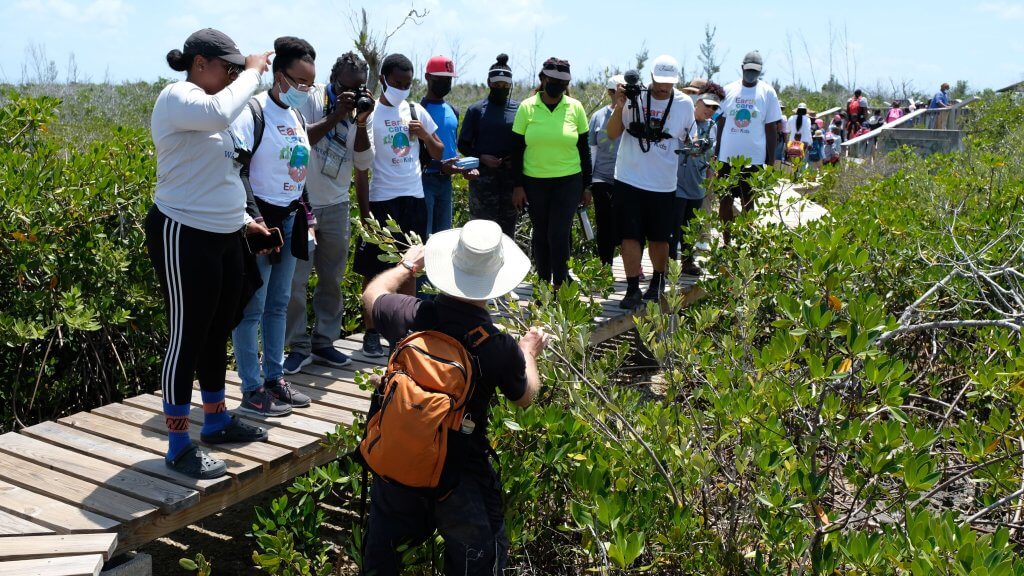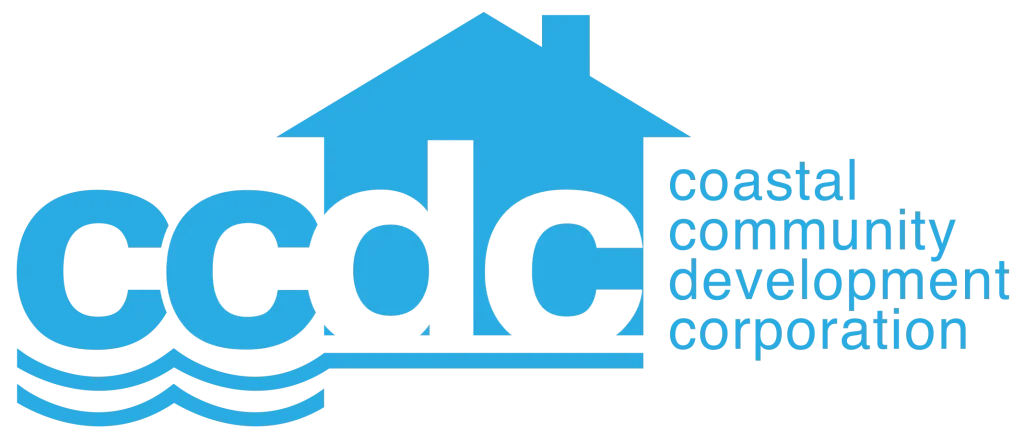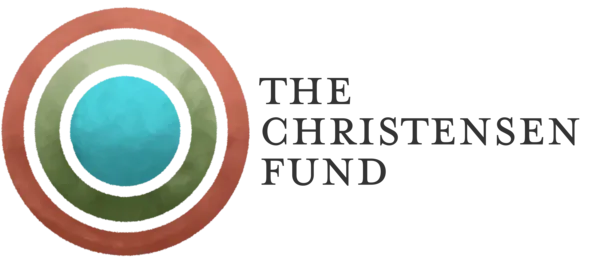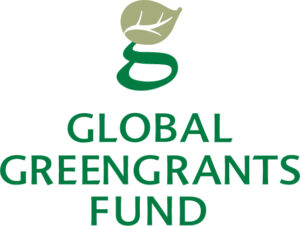
Training the Trainers in Ecological Mangrove Restoration
Location: Vijayawada, Andhra Pradesh, India
Date: November 2005
Goal: To equip 20 participants from across India with the knowledge and practical skills needed to train others in community-based ecological mangrove restoration using a hydrological approach
Partners: Coastal Community Development Programme (CCDP)
Partners

Strong emphasis on natural succession, local ecology, and equal community involvement in restoration work

Field visits gave participants real-world insight into mangrove ecology and community-led restoration
The training focused on hydrology-driven restoration as a low-cost, sustainable alternative to conventional planting techniques
What we did
Guest speakers addressed challenges specific to India, including mangrove degradation from salt panning, livestock grazing, and reduced freshwater flow. A strong theme throughout the workshop was the value of community participation. This was highlighted during a visit to Polatithippa village, where residents shared how they have been actively involved in mangrove conservation and restoration activities such as nursery work, canal digging, and planting. Local people carry out all the work, with equal pay for women and men, and insurance coverage provided to all labourers. In group discussions, participants explored mangrove education, sustainable products derived from mangroves, and strategies for securing restoration funding. The workshop also encouraged ongoing knowledge sharing, with a commitment from participants to hold community meetings in their local areas after returning home.
“Great... The training was very much technical and practical, I like to participate in this kind of trainings more and more. Definitely, it is going to provide an opportunity to restore the ecology and to conserve the coastal habitat”. Mr. Vivek Sadanand Kulkarni, training participant
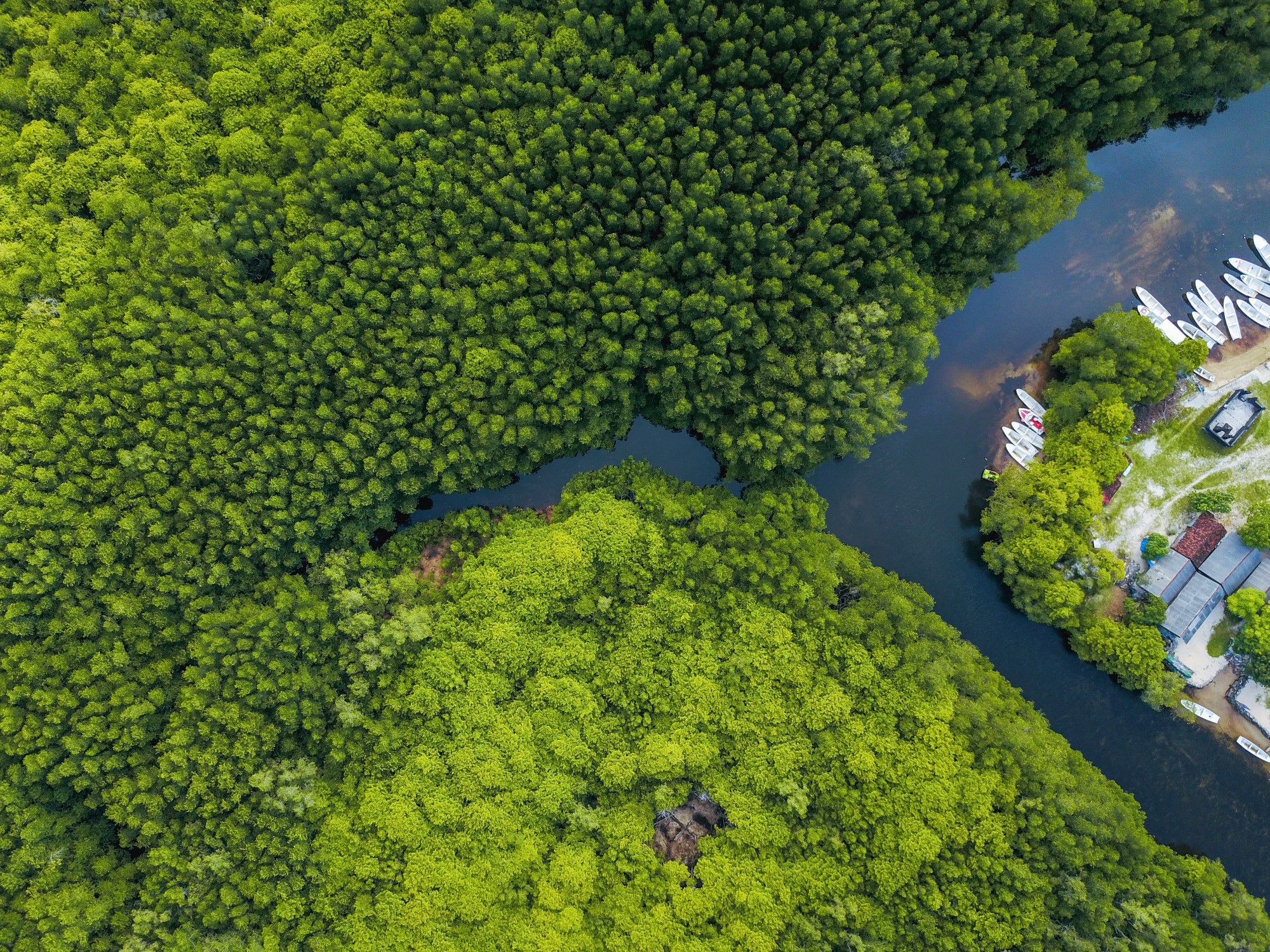
Interested in working with us?
Get in touch with us at dominic@mangroveactionproject.org
Related work
- Read more about Enhancing Community-Led Restoration in the Gulf of Guayaquil
Enhancing Community-Led Restoration in the Gulf of Guayaquil
Location: Guayaquil, Ecuador Date: August 2023 Goal: Train participants in the CBEMR approach to enhance mangrove restoration efforts in Guayaquil…
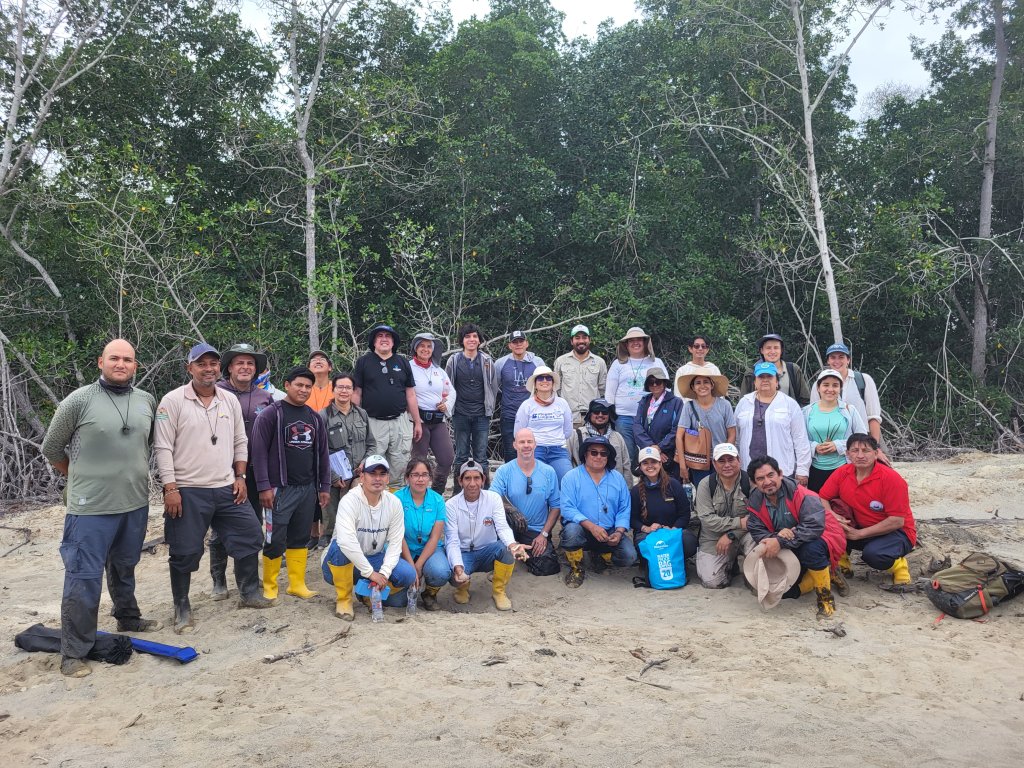
- Read more about From Theory to Practice: Enhancing Restoration through CBEMR
From Theory to Practice: Enhancing Restoration through CBEMR
Location: Bengkalis Island, Indonesia Timeline: October 2023 Goal: The training aimed to enhance participants’ knowledge and skills in Community-Based Ecological…
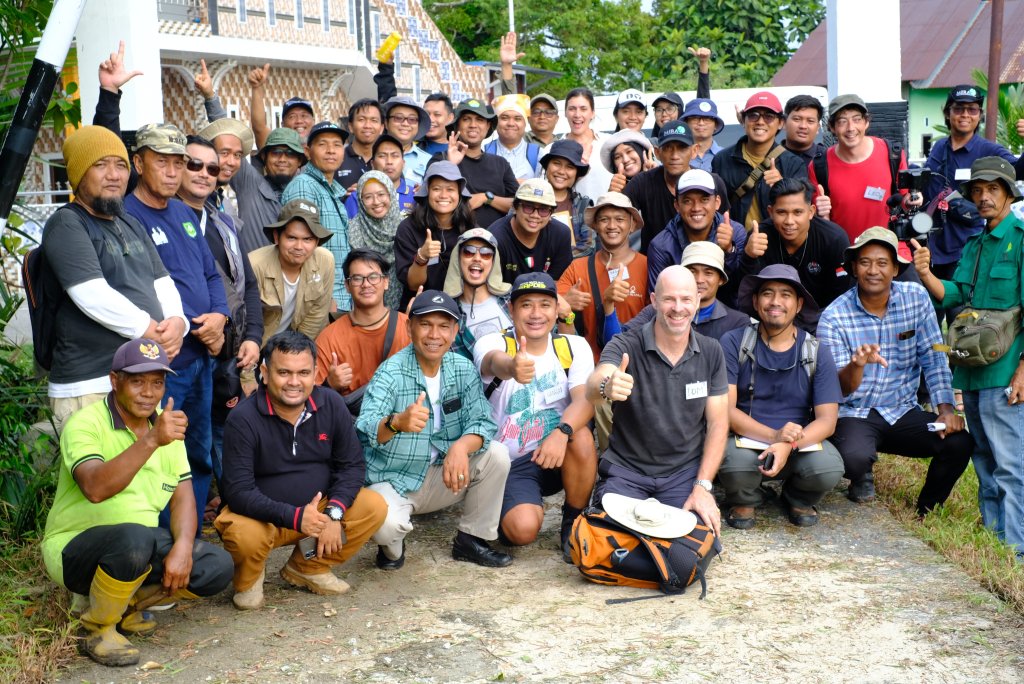
- Read more about Restoring vital ecosystems in Kenya
Restoring vital ecosystems in Kenya
Location: Kenya Timeline: 28th Feb - 21st March 2022 Goal: To share the knowledge and tools for restoring mangroves: a vital…
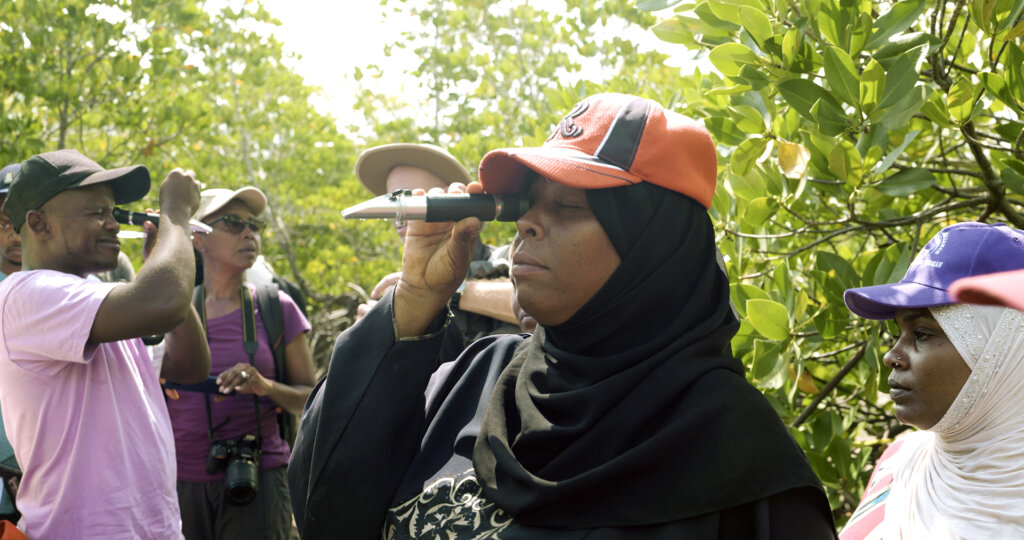
- Read more about Delivering mangrove restoration best practices in the Bahamas
Delivering mangrove restoration best practices in the Bahamas
Location: Bahamas Timeline: March - April 2023 Goal: To support local mangroves restoration efforts and implement best practices for future…
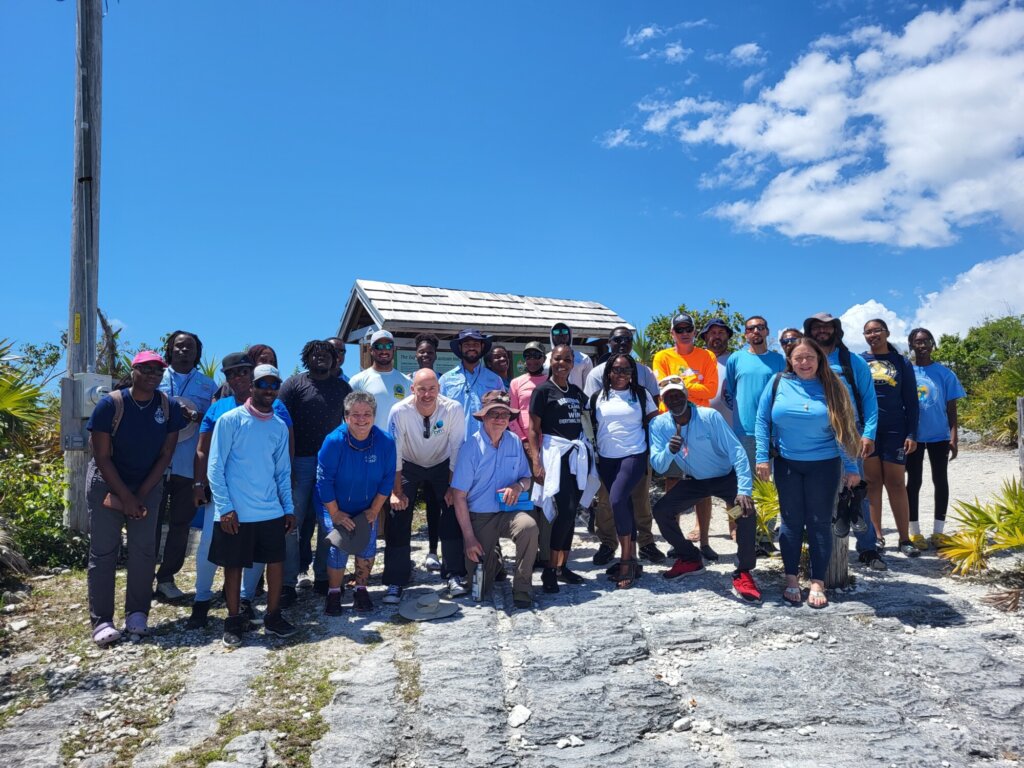
- Read more about Fostering a sustainable network in Honduras
Fostering a sustainable network in Honduras
Location: Honduras Timeline: February 2015 Goal: To work collaboratively with local officials to persuade local villagers and village leaders to reduce…
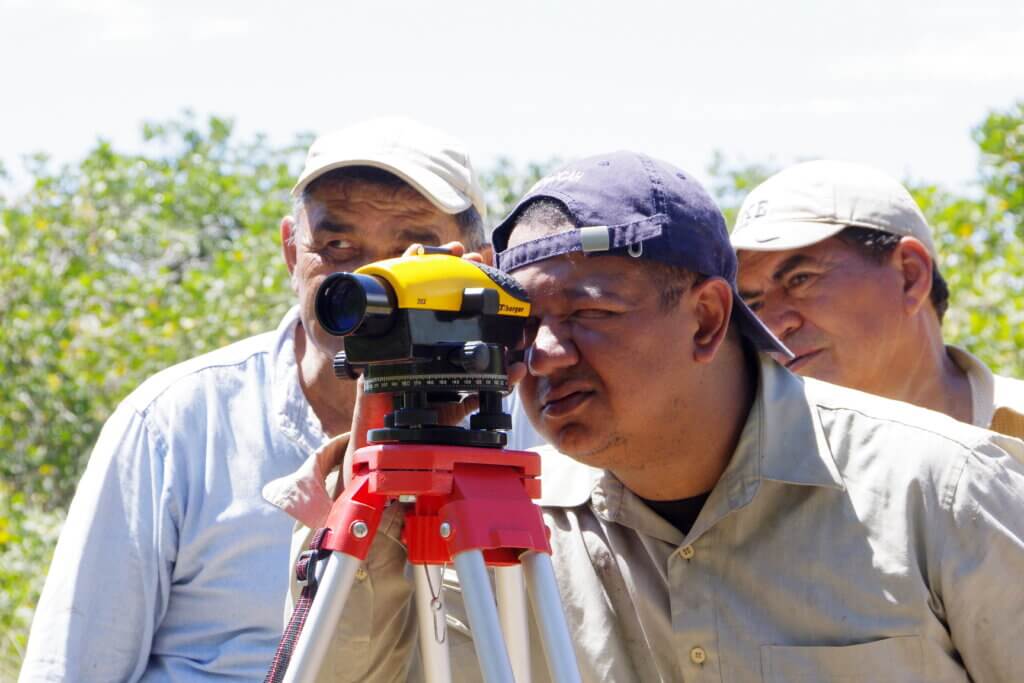
- Read more about Empowering Communities for Mangrove Restoration
Empowering Communities for Mangrove Restoration
Location: Si Kao, Trang, Thailand Date: January 2013 Goal: Two local communities had a shared goal to convert and restore…
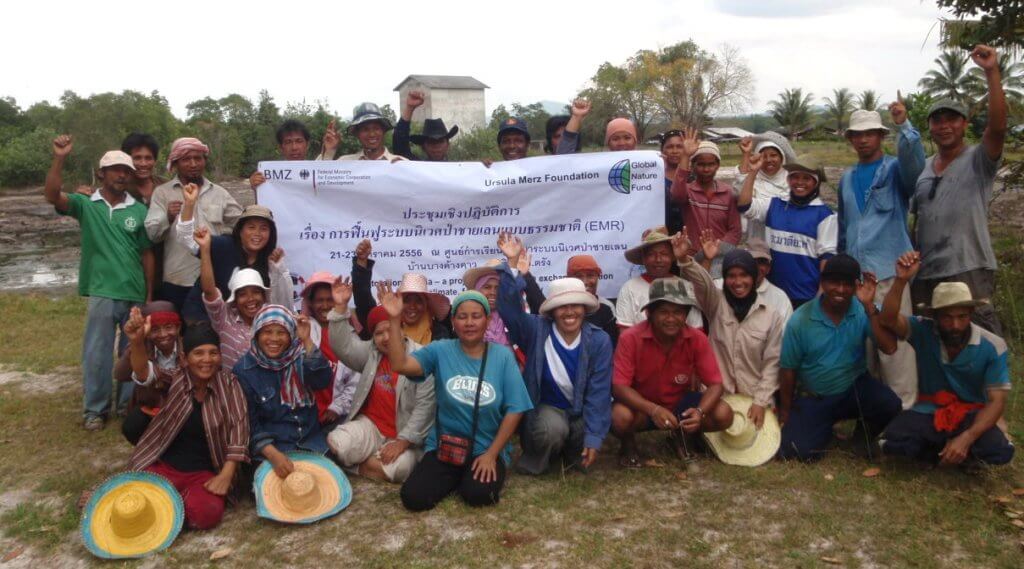
- Read more about Restoring Hope: CBEMR’s Role in Post-Hurricane Recovery
Restoring Hope: CBEMR’s Role in Post-Hurricane Recovery
Location: Bahamas Timeline: April 2022 Goal: The workshop aimed to enhance participants' skills and knowledge in mangrove management and restoration…
